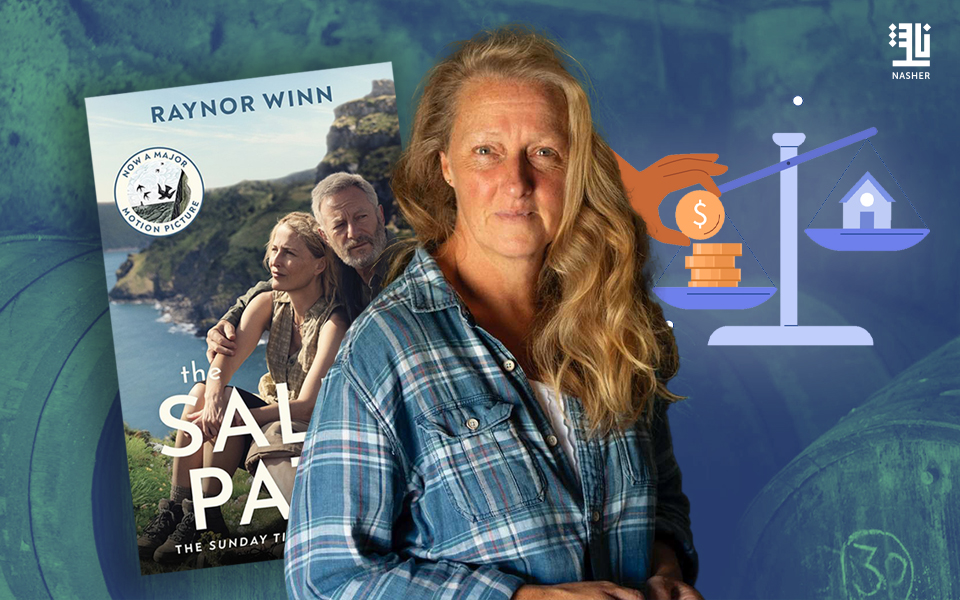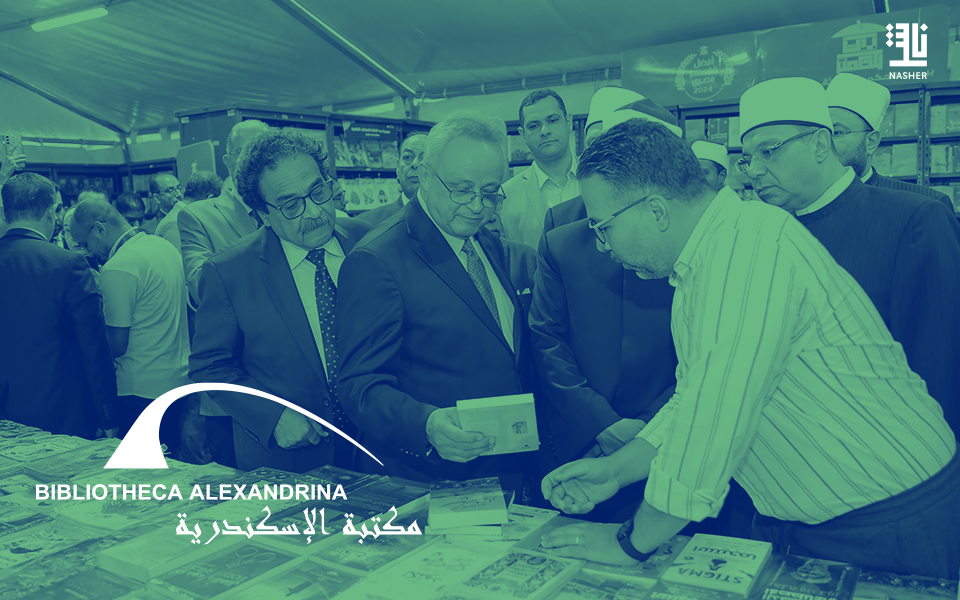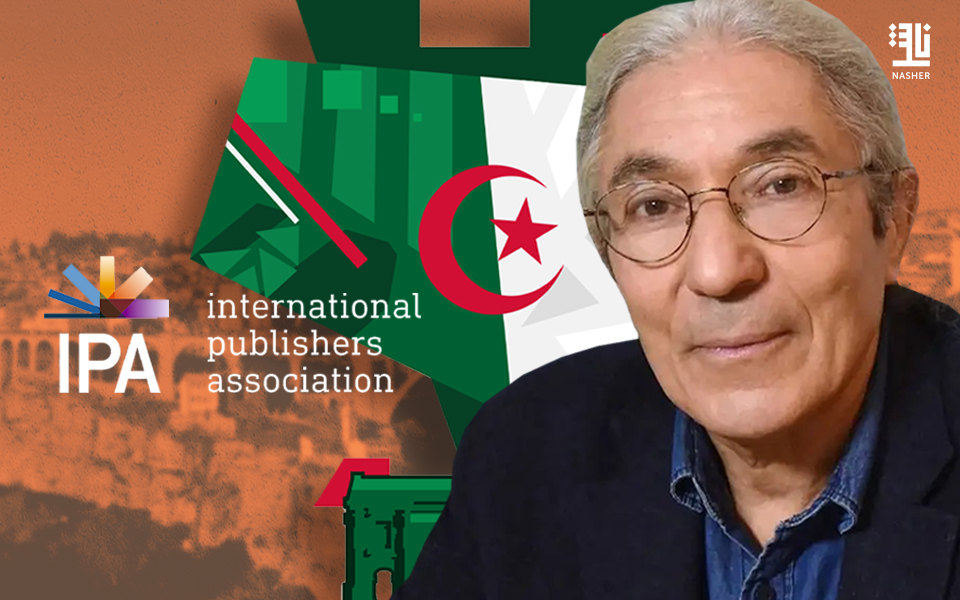The Role Of The Literary Editor In The Arab World And In The West
I started publishing my collections of short stories in the mid-70s. During this time and over the following three decades, I considered that the role of the literary editor – whether in press or publishing houses – did not exceed that of being a proof-reader at best. Following my 2012 enrolment on the International Writing Program at the University of Iowa in the USA and later throughout my post-graduate studies in Creative Writing at Kingston University, London, I came to realise the importance of the editor’s role in general and the literary editor in particular.
The literary editor plays a crucial role in any publishing house because they link it to the creativity of the author, act as the publisher’s eyes and ears that are an industry professional who understands the needs of the market. The literary editor’s mission is integral to the publishing process because they not only correct grammar and spelling mistakes; they also exercise their great knowledge about the fundamentals, rules and genres of literature; whether relating to short stories, novels, theatre scripts or poetry. They need to be an expert in the publishing market and are required to understand the reader’s taste and needs. Being responsible for all these aspects gives the literary editor a prestigious position in terms of the career ladder and financial remuneration.
The book market in Europe and the USA is vast, diverse, popular and highly competitive. In order for publishing houses to grow – given the modern technology and communications of our time, such as internet web sites, search engines and social media sites – they have to transform into cross-border intercontinental concerns that use creative writing as a raw material for their industry. They need to publish premium books that are highly artistic, polished and attractive in order to attract discerning readers.
In spite of the difficult and painful situations currently existing in some Arab countries, the book industry has witnessed remarkable growth in the Arab world following the Arab Spring. This can be clearly seen through the high book sales at major Arab book fairs and the extensive movement of Arab publishers between Arab cities to take part at more than 21 international book fairs, as well as numerous other smaller exhibitions and fairs hosted across the Arab world.
Held regularly, Arab international book fairs have been responsible for an increase in the quality of paper, covers, design and production, with the distribution of books also improving. Arab literary awards and prizes have flourished, signifying the growth of the Arab creative literary sphere. However, in contrast to this, Arab publishers have remained miserably ‘stingy’ in the hiring of competent literary editors who can play a key role in the publishing industry and advance the sector in their respective countries.
Creative writing develops through many stages, starting with a simple idea that comes to the author’s mind. This is followed by an initial drafting of this idea, the development of the text and finally ending with a review of the text for one last time. All these stages are the writer’s tasks, but once he or she feels that this work is complete and it is delivered to the publishing house, a new phase begins with the literary editor.
The literary editor deals with creative text through three main stages. The first stage sees them start with proof-reading the text and correcting any grammar and spelling mistakes. The western reader’s taste and long reading experience has to be respected by the publisher and editor with a book that does not contain errors. It needs to have correct punctuation with this element an essential and integral part of the creative text.
Once the first phase is over, the literary editor moves to the second phase, which involves balancing the descriptive writing and dialogue – something that is especially relevant for novels. The creative writer must maintain a vibrant ‘pacing’ throughout the narrative’s different scenes, because unbalanced text – such as having a vibrant, dynamic and fast scene followed by a quiet, slow scene – risks confusing the reader. The right balance between the description and the dialogue ensures creative pacing that is able to enthral the reader and maintain their interest.
The third and final stage of the process is the ‘message,’ which involves the literary editor conducting a careful overview of the text to ensure that it is a harmonious piece of art and one that conveys the message that the writer wishes to deliver to the reader.
While the literary editor implements the first stage by themselves they cooperate with the writer in the second and third stages. Here they collaborate to explore, discuss, analyse and find a balance between creative improvements and the emphasis on delivering the text in an appealing form that the reader can embrace.
Some foreign authors are keen to make all the needed modifications, while others do not even take a second look at their book once they have sent it to the publisher. The Arab author is left alone to face the ‘stinginess’ of the Arab publisher on the one hand and the endless demands of Arab readers on the other hand.
The grammatical and spelling mistakes found in some books, specifically those written by young authors with modest experience, do not harm and offend the author as much as they harm the publisher. When will the Arab publisher understand that and start improving the literary products as befits themselves, the author and the reader?







